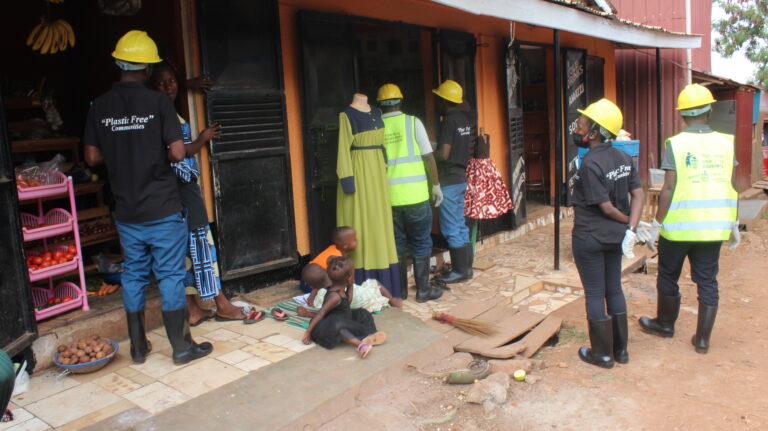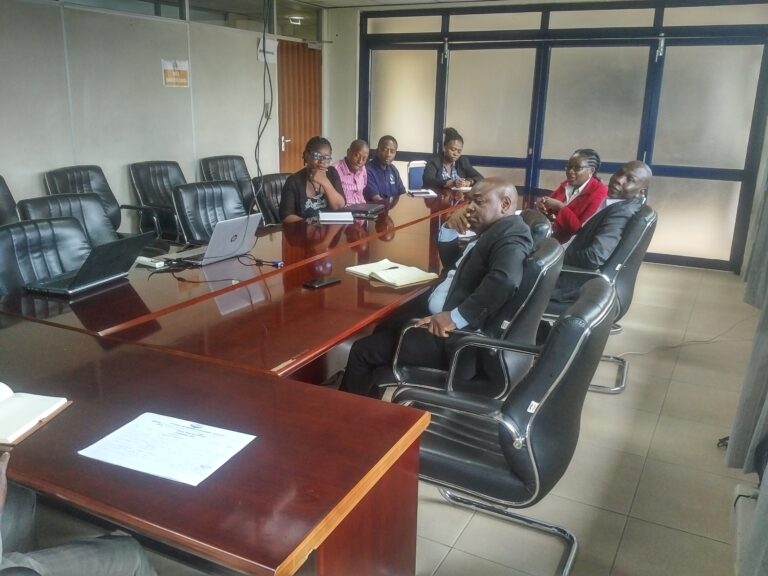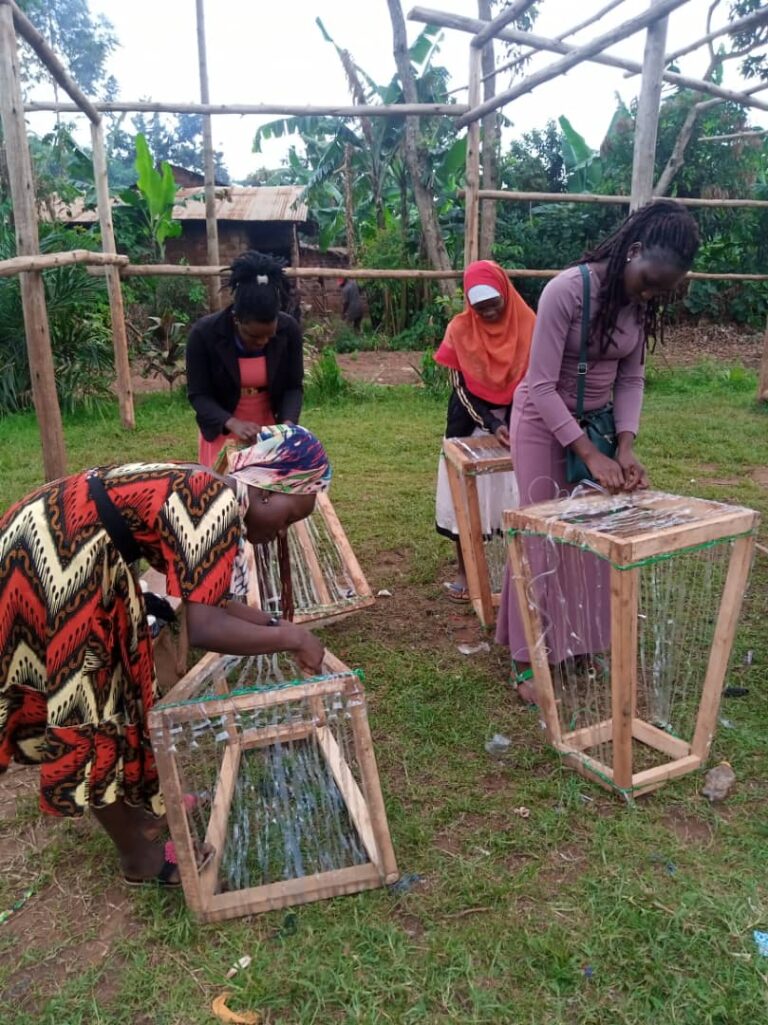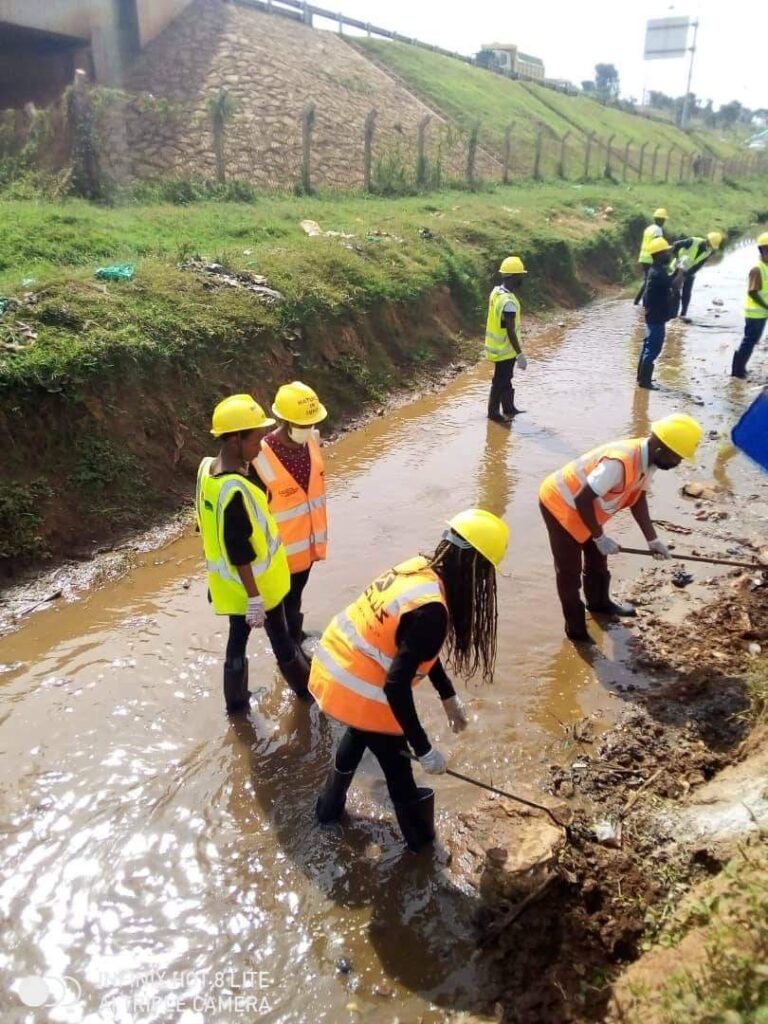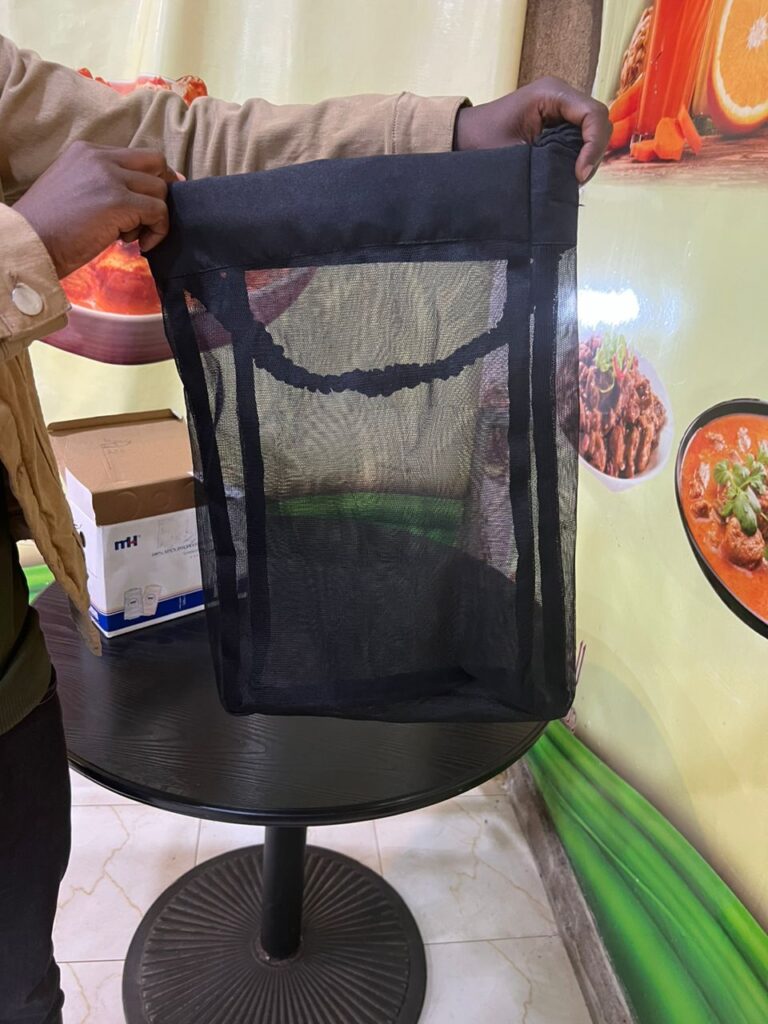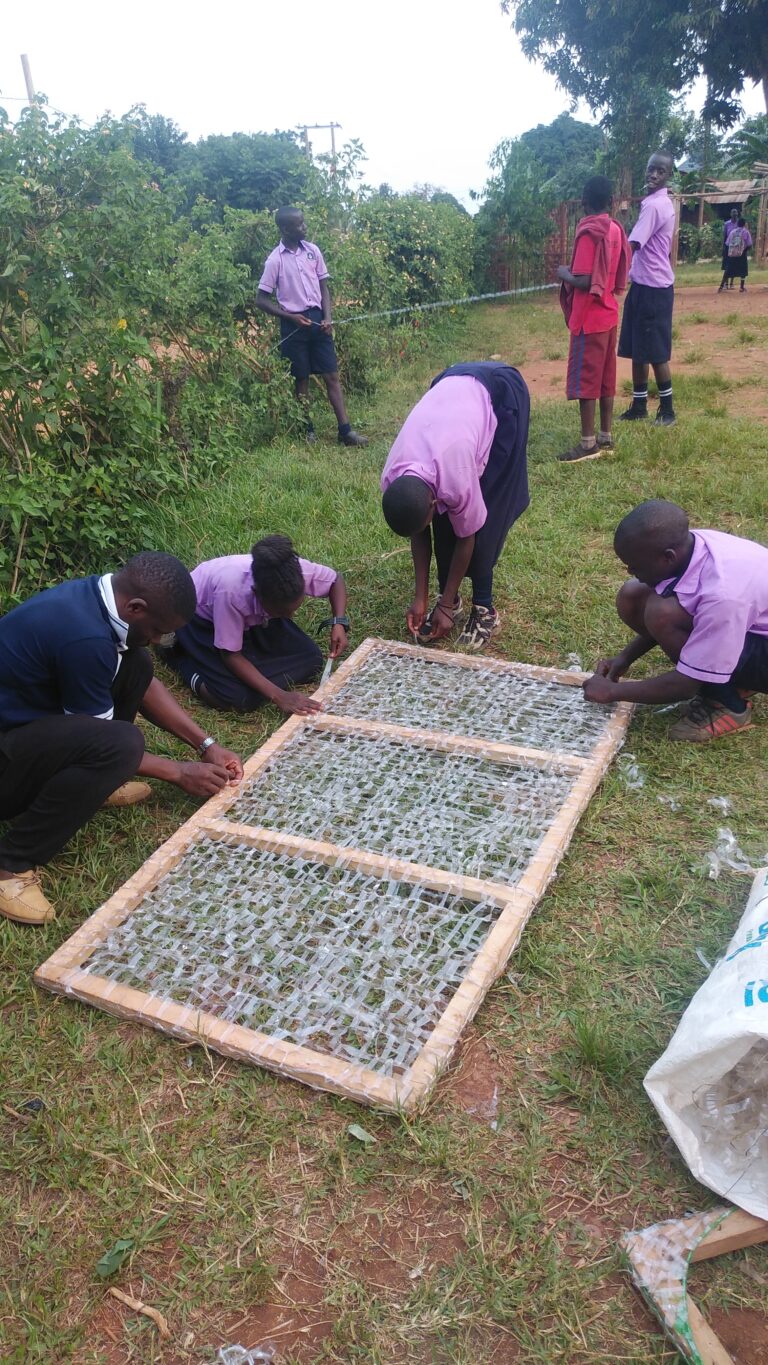Welcome To Nature In Mind
Innovating Sustainable Solutions for a Greener Future
What We Do
Community Clean-up and Awareness Exercises
Flood Gate Water Traps Pilot Project
Plasti Cycle Project
NATURE IN MIND YOUTH ENVIRONMENT INITITIATIVE
Green Communities
Nature in Mind is a vibrant, youth-driven organization dedicated to environmental sustainability, waste management, biodiversity conservation, and climate action. Based in Uganda, our mission is to address pressing environmental challenges such as plastic pollution, deforestation, and climate change by empowering communities to embrace sustainable practices.
Our vision is a world where communities live in harmony with nature, actively contribute to environmental restoration, and thrive through innovative, eco-friendly solutions. By transforming waste into opportunities and fostering resilience, we aim to build a healthier, greener future for everyone.
Be Part of Us
Join us in shaping a sustainable future!
Meet Our Partners

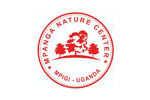
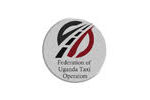




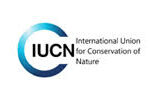
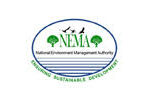
Introducing Mpanga Nature Center
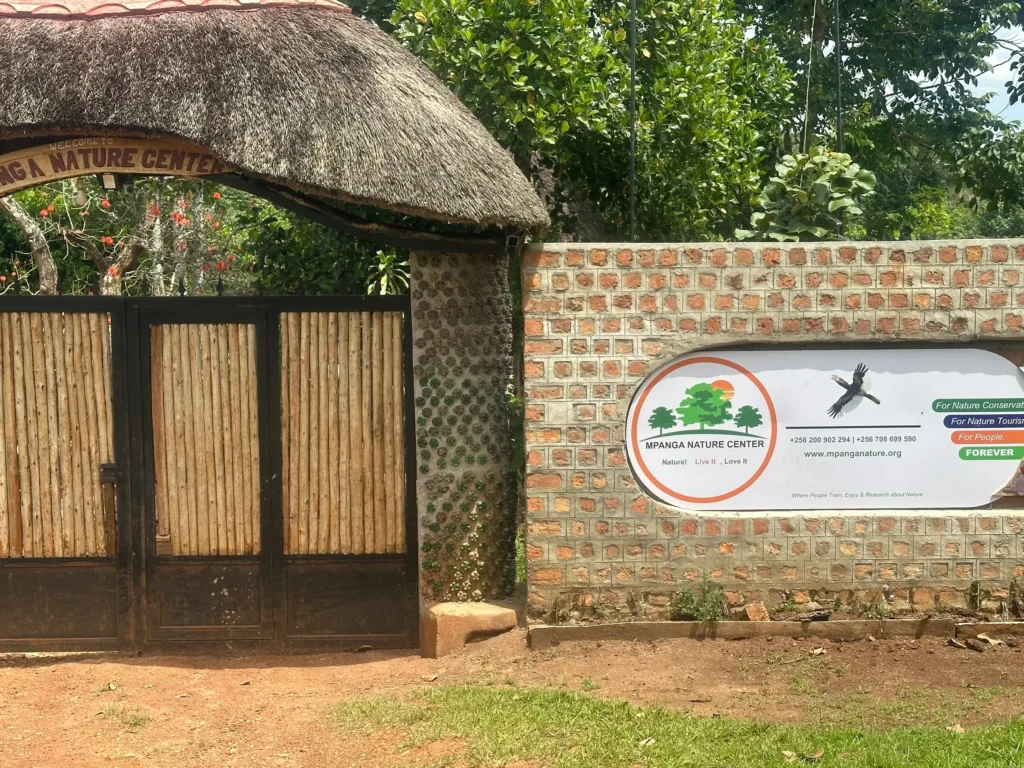
Mpanga Nature Center (MNCCT) is a conservation and tourism education center located in Mpigi, Uganda. The Center was established in 2020 and works to promote conservation of Mpanga Forest while also promoting tourism, we believe “nature should be a sanctuary for all of us, “where we can turn for comfort and serenity”.
